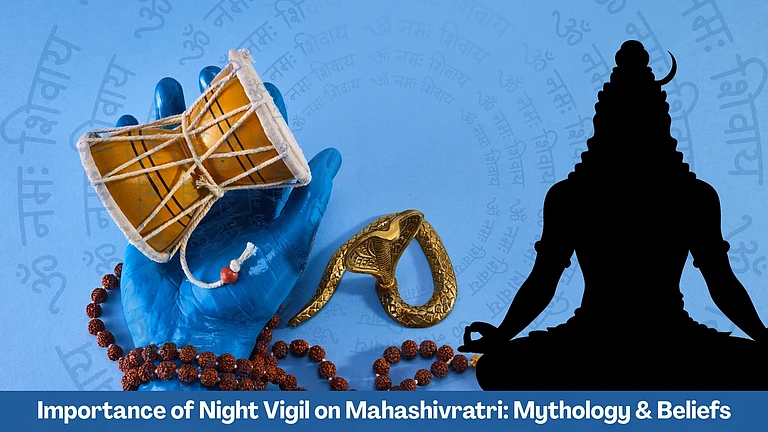The commission known as the Mandal Commission, officially the Socially and Educationally Backward Classes Commission (SEBC), was founded on January 1, 1979, with B.P. Mandal, a Member of Parliament, serving as its chairman. The commission submitted its report to the President on December 31, 1980.
On August 7, 1990, the then-Prime Minister of India, V.P. Singh, made a momentous decision that had a profound impact on Indian politics and the pursuit of social justice. The preceding government chose to implement the recommendations of the Mandal Commission, leading to the introduction of reservations for individuals belonging to the Other Backward Classes (OBCs) in government employment.
Background
The concept of caste-based reservations was originally suggested by William Hunter and Jyotirao Phule in 1882, and it was put into effect through various British reforms, such as the Minto-Morley Reform in 1909 and the Government of India Act in 1919. However, the reservation system, as it exists today, was formally introduced in 1933 with the presentation of the "Communal Award" by British Prime Minister Ramsay Macdonald, which also resulted in the Poona Pact.
Initially, reservations were only provided to individuals belonging to the Scheduled Castes (SC) and Scheduled Tribes (ST) categories after India gained independence, and it did not encompass all the disadvantaged castes. It was only in 1991, following the recommendations of the Mandal Commission, that an expanded reservation policy was implemented. This was regarded as a significant step towards the progress of all underprivileged castes, including the Other Backward Classes (OBC).
The Kaka Kalelkar Commission, formed in 1953, marked the inception of the first backward classes' commission, with Kaka Kalelkar as its chairperson. However, the report produced by this commission did not have a substantial impact.
Timeline:
1979: The establishment of a backward class commission led by BP Mandal to identify socially and educationally backward classes in India and recommend measures for their progress.
1980: The commission's report revealed that approximately 52% of India's population belonged to Other Backward Classes (OBCs) and proposed a 27% reservation for them in government job opportunities.
1980-1989: The government that came into power in 1980 was reluctant to implement the commission's recommendations.
1990: On August 13th, the government issued an order for the implementation of the Mandal Commission's recommendations, and Vice President Singh announced its legal enforcement in his Independence Day speech. This decision sparked widespread protests, including self-immolation by students, in opposition to the government's intent to implement the quota.
1992: The implementation of the reservation policy was challenged in court, and in the case of Indra Sawhney v. Union of India, the court upheld the constitutional validity of the 27% reservation for OBCs, subject to certain conditions.


























